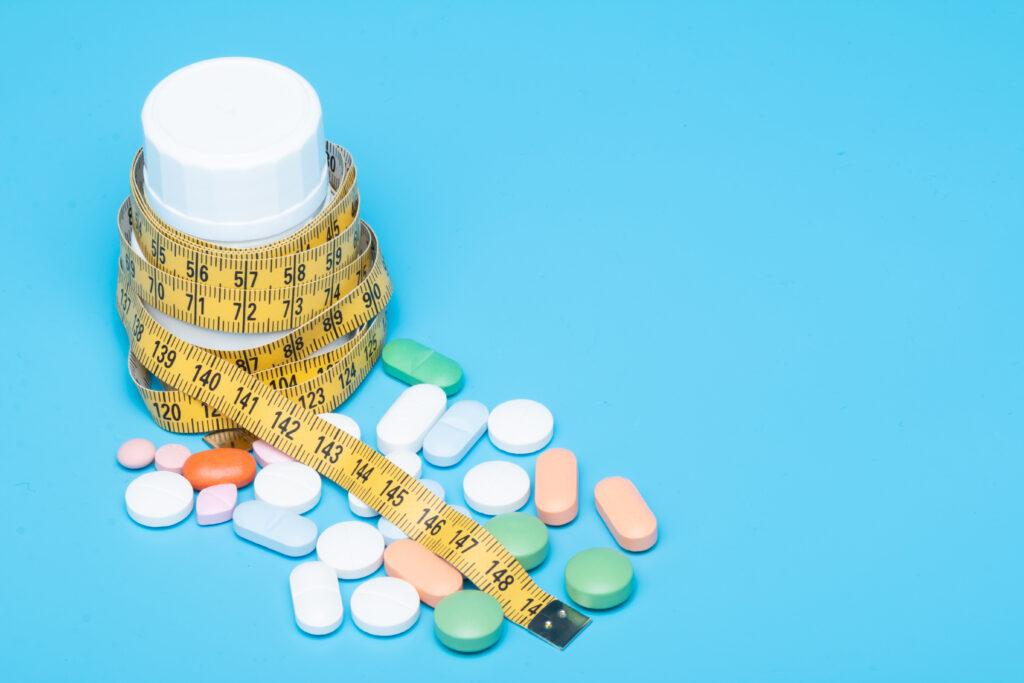This quick guide examines clinical criteria doctors utilize gauging pharmaceutical readiness alongside lifestyle efforts based on research evidence.
If you’ve struggled slimming down through strict diets and strenuous sweat sessions alone, revolutionary prescription aids like semaglutide (Wegovy/Ozempic) and tirzepatide (Mounjaro) promise profound boosts. But questions naturally arise on appropriately incorporating these best weight loss medication into care timelines.
This quick guide examines clinical criteria doctors utilize gauging pharmaceutical readiness alongside lifestyle efforts based on research evidence. We’ll break down:
- Weight loss medication classes and mechanisms
- Major guidelines framing appropriate prescription
- Steps maximizing success once initiated
Let’s build foundational knowledge informing one of the biggest health decisions before you.
Weight Loss Drug Classes and Effects
While options abound influencing weight through various mechanisms, two newer categories shine:
GLP-1 Receptor Agonists – Stimulate insulin production while suppressing appetite through brain pathway activation.
Examples: Semaglutide, tirzepatide
SGLT2 Inhibitors – Block glucose reabsorption by kidneys enabling sugar excretion through urine output.
Examples: canagliflozin, empagliflozin
Both safely deliver significant weight reductions improving host of obesity-related illness like diabetes and heart disease. Now – when should they be tapped?
Clinical Recommendations for Prescription
Determining appropriateness for weight loss medications depends upon:
- BMI status – If BMI exceeds 30 (or 27+ with complications), drugs deliver maximum benefit
- Prior loss efforts – Inability losing 5%+ body weight through 6 months of dedicated nutrition and activity modifications
- Risk factors – Presence of diabetes, cardiovascular disease, fatty liver, sleep apnea indicating elevated necessity
Essentially – your doctor confirms you meet diagnostic criteria signifying prescription aids will likely boost lagging efforts before formally proceeding.

Optimizing Medication Journey Results
Once enrolled, properly setting expectations and strategically supporting treatment course improves success probabilities:
- Expect gradual change – Losses build progressively so patience remains vital
- Enhance nutrition – Lower caloric intake mildly for sustainable deficits fueling fat burn
- Maintain activity – Retain regimen consistency reaping improved fitness from appetite suppression
In essence – let medications magnify lifestyle changes you’ve already implemented rather than attempting rapid overcorrection.
Additionally, communicate challenges transparently so your doctor can adjust approaches keeping you progressing safely towards profound change.
Determine Readiness and Next Steps
I hope demystifying modern medication possibilities alongside guidelines framing appropriate weight loss prescription removes uncertainty helping you evaluate if bariatric aids deserve exploration.
If you meet clinical appropriateness criteria, take time considering treatments complementing refreshed fitness efforts. Then discuss pathways aligning individual health histories, risks and preferences collaboratively with your doctor.
Here are 4 additional FAQs covering common questions about starting weight loss medications:
Frequently Asked Questions
Do I need to follow a particular diet?
Most providers recommend continuing a modest calorie-reduced diet to promote fat burning. Low-carb or Mediterranean plans often succeed paired with medications.
How long do weight loss medications take to work?
Many experience progressive appetite suppression kicking in over days or weeks. However, maximum weight changes build over 3-6 months as chemistry rebalances. Have patience.
What if I experience ongoing nausea?
Nausea from starting doses usually resolves within 1 month as the body adjusts. If it persists, notify your doctor – they may slow any titration or prescribe anti-nausea aids until it improves.
Will I regain weight if I stop medications?
Yes, weight regain commonly occurs after GLP-1 drug cessation since effects are reversible. Maintaining improved nutrition and activity habits is vital for keeping weight off long term. Lifestyle changes make medicine discontinuation success more likely.


